Israeli Researchers find link between Endocannabinoid deficiency and Autism disorders
- Israeli Researchers find link between low levels of endocannabinoids and Autism Spectrum Disorder (ASD)
- They believe CBD may help raise levels of endocannabinoids
- Parents are taking control of their children’s ASD treatment plans, adding legal CBD products
- Groups like “CBDs of Autism” are helping guide parents of ASD children new to CBD
Researchers in Israel have found a connection between children with Autism spectrum disorder (ASD) have lower levels of endocannabinoids than children not on the spectrum.
Scientists at three Israeli universities wanted to determine the efficacy and safety of using two cannabidiol compounds were in those on the autism spectrum.
For the study, 186 children and young adults, aged 5-21 were selected, split into two groups: 93 with ASD, and 93 without.
After researchers acquired the consent of the children’s legal guardians, they collected blood samples from the 186 participants and measured their serum endocannabinoid count at a baseline level.
The children’s behaviour was assessed by researchers to confirm true ASD diagnosis.
Researchers found that the 93 participants with ASD had lower levels of the main endocannabinoids, N-arachidonoylethanolamine (AEA or anandamide) and 2-arachidonoylglycerol (2-AG), and their related endogenous compounds, arachidonic acid (AA), N-palmitoylethanolamine (PEA), and N-oleoylethanolamine (OEA).
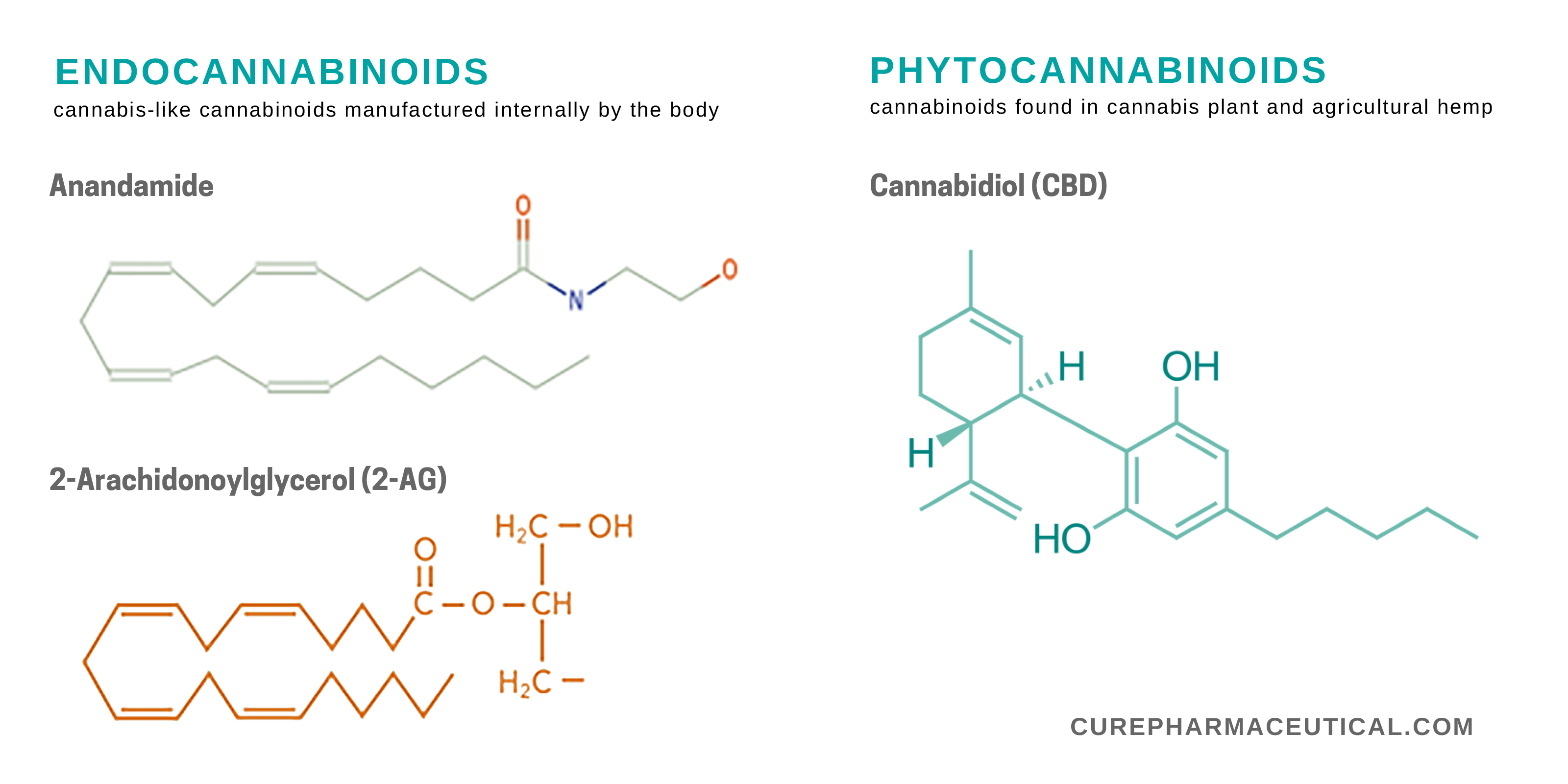
AEA and 2-AG are the most studied molecules of CB1 and CB2 receptors. With the ASD children displaying low levels of these endocannabinoids, there may be a good argument for using CBD to treat ASD in future clinical trials.
Researchers believe that CBD may help raise levels of these endocannabinoids (AEA, OEA and PEA), as CBD may help activate PPARs (nuclear receptor proteins) as well as the receptor channel TRPV1, whilst inhibit the enzyme FAAH, which degrades the endocannabinoid anandamide.
The study’s findings also suggest that CBD could have the potential to correct an impaired endocannabinoid system in those with ASD.
While the results of the study help push the argument for further clinical trials with cannabinoid-based medication, researchers noted the study’s limitations.
ASD is not a unified condition; each child on the autism spectrum is unique in their own beautiful way. Different ASD children may respond differently to cannabinoid-based medications, possibly needing different ratios of cannabinoids (e.g. some may need higher levels of THC than CBD and vice versa).
Children with ASD could have been taking medications which may have impacted the outcome of the research
More studies will be needed to determine whether low levels of endocannabinoids equates to an ASD diagnosis, but the study signals an important step forward in the treatment and early diagnosis of ASD.
The Israeli study may have important implications for epilepsy research.
Between 10-30% of those with autism spectrum disorders also suffer from epilepsy (often drug-resistant forms, such as Dravet Syndrome or Lennox-Gastaut syndrome).
Epilepsy has already been associated with an impaired endocannabinoid system (ECS). As the researchers note in their report, there are already ongoing clinical trials investigating the efficacy of CBD in treating epilepsy.
If CBD can treat both epilepsy and ASD, there is hope that both that there may be safe treatments for these debilitating conditions, opposed to the cocktail of pharmaceutical drugs children with ASD and epilepsy are being prescribed.
Medical cannabis has already been proved to be non-lethal; there has never been a reported overdose on cannabis alone. The side-effects of medical cannabis are relatively mundane; most report a dry mouth or increased tiredness (side-effects most recreational cannabis users are more than familiar with).
Conversely, epileptic and ASD children pumped with pharmaceutical drugs leaving them in a ‘drug haze,’ leaving them with limited cognitive responses, sometimes unable to walk or talk.
British and Irish parents of children with ASD are being forced to take matters into their own hands due to limited access to ‘legal’ medical cannabis in Britain.
Due to CBD being legally available without a prescription in the UK and Ireland, parents are establishing support groups where they share their experiences with different brands and strengths of CBD products for their ASD children.
“CBDs of Autism” is one of those groups, run by parents with children with ASD using CBD, for parents of children with ASD looking to start their own CBD journey.
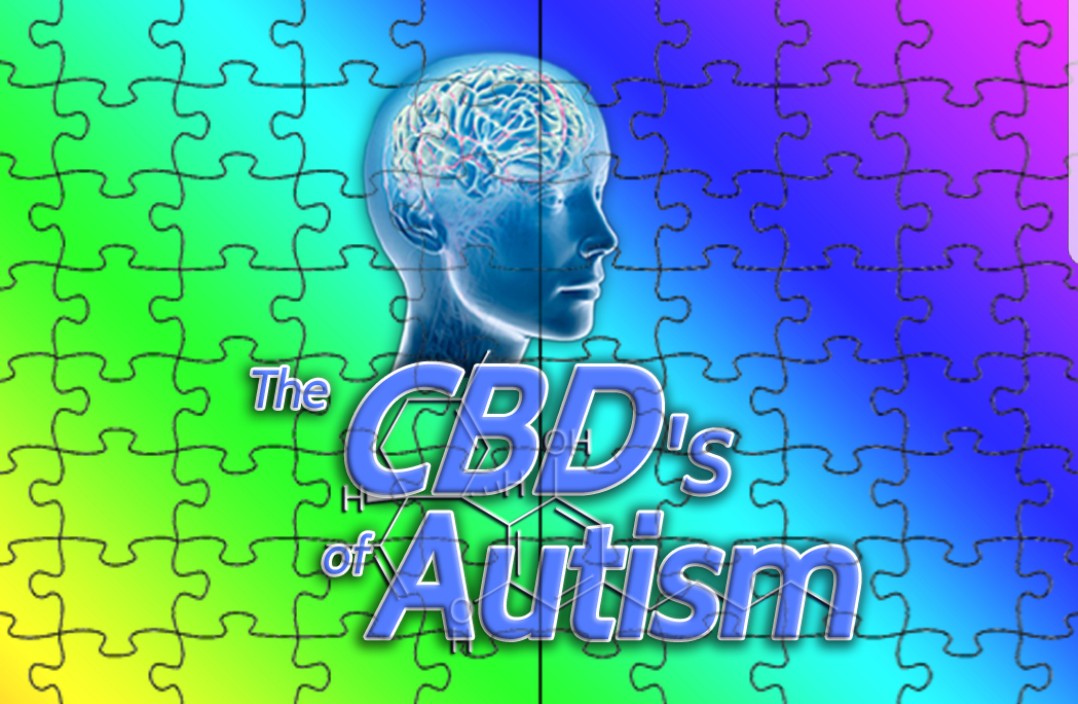
Sharon McEvoy, from Ireland, co-found the group after seeing the amazing success her own autistic child had with CBD.
Sharon explained how her son’s Autism had a debilitating impact on the young child’s development:
“Niall’s Autism umbrella was vast.
“Not only does Niall have autism, but in 2015 was diagnosed with ongoing seizure activity, deemed to be high risk of developing epilepsy. In 2016 He was also diagnosed with an Acquired Brain Injury.
“He was dealing with a lot.
“He was deemed to have severe anxiety, severe speech delay, and ADHD.
He was deemed malnourished as his food intake was limited. He had stunted growth as a result, and a Sensory Processing Disorder.
“He had self-injurious behaviours and would smash his head off the floor continuously.
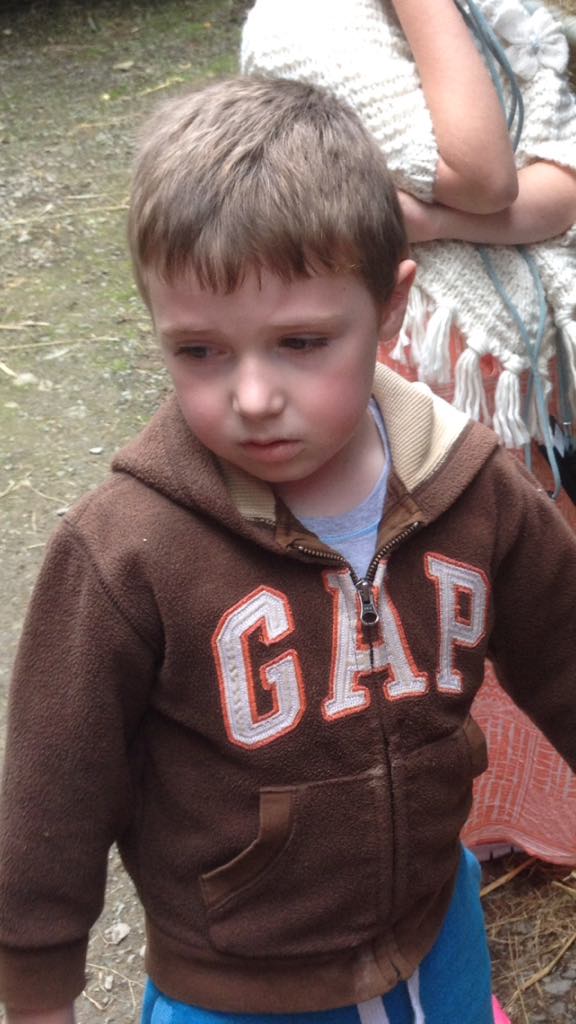
The high pitch scream. Vocal stimming. Body and vocal tics, he was constantly sick with infection. I could continue on with the list.”
“If I had my time over again, I would have started using CBD oils as early as possible.”
– Sharon McEvoy, Co-Founder of CBDs for Autism and Medical Cannabis Warrior
However, after adding CBD into Neil’s treatment, the young boy’s condition vastly improved, giving him a chance for a normal, healthy life.
“Since starting CBD, we now have no self-injurious behaviour anymore,” Sharon said.
“Doctors couldn’t detect any seizure activity when he was last tested.
“He eats all day, like any other 7-year-old boy. While his diet can be rigid, it is now vast and healthy!
“Vocal stimming and body tics have also stopped, but they do flare again when he is losing his baby teeth, but never to the extent they were at.
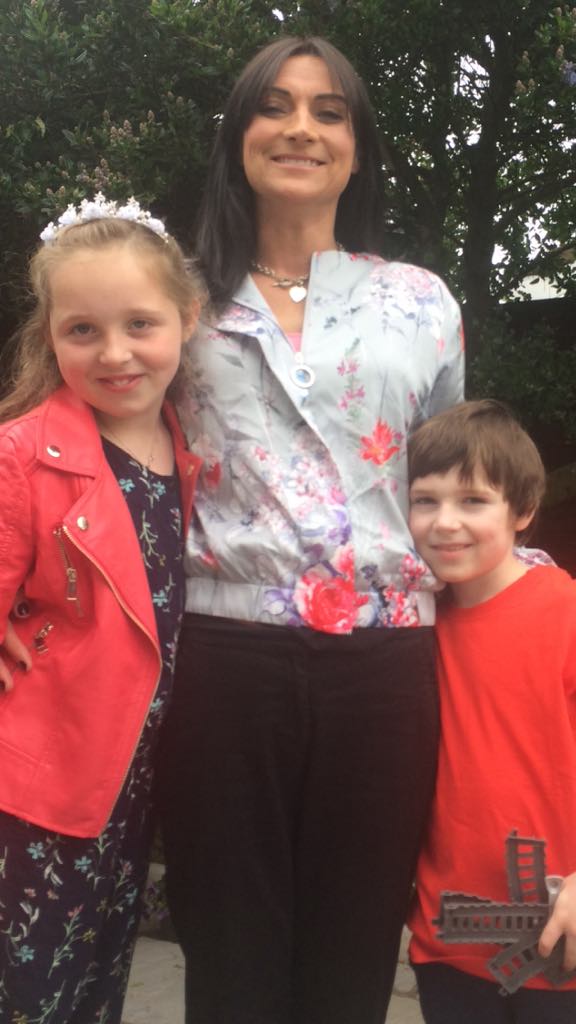
“Anxiety is rarely seen now, and when it is, his speech and ability to communicate verbally with us has improved so much, that it is very easily dealt with and quickly dealt with.
“Niall’s quality of life has improved so much, it’s very hard to put into a few sentences.
While CBD has had an amazing impact on Neil’s life, Sharon explained that it is not a ‘cure’ for ASD, but rather a tool to help her child live like any other young child:
“Niall is still Autistic,” Sharon explained, “we are not trying to ‘cure’ or remove his Autism, but I want him to have the happiest childhood possible, just like anyone else.
“My only regret on this whole journey is I took so long researching and trying to make up my mind.
“If I had my time over again. I would have started using CBD oils as early as possible.”
The legal CBD market can be a confusing adventure, even for the most experienced veteran, with 100s of new products and brands cropping up, seemingly every few months.
One of the primary reasons Sharon set up the CBDs of Autism was to help guide other parents through the murky waters of the CBD market.
“We get asked frequently about whether a child will get ‘stoned’ from using CBD, whether CBD is illegal, and whether there is a specific CBD oil for ASD.
“No, your child will not get ‘stoned’ from CBD, but this is a common worry for new members.
“You are looking for the sweet spot, i.e, what is your child’s tolerance to a particular oil. Tolerance varies from strength to strength, from brand to brand.
“So, sometimes if the dose gets too high, parents will know as children can become sleepy and quiet. You just need to bring it down to the previous dose the next day, and all returns to normal.
“You have found the sweet spot for that brand of oil!”
“There is no oil specifically designed for autism, and with research where it currently is, I don’t think there ever truly can be an ASD-specific CBD oil.
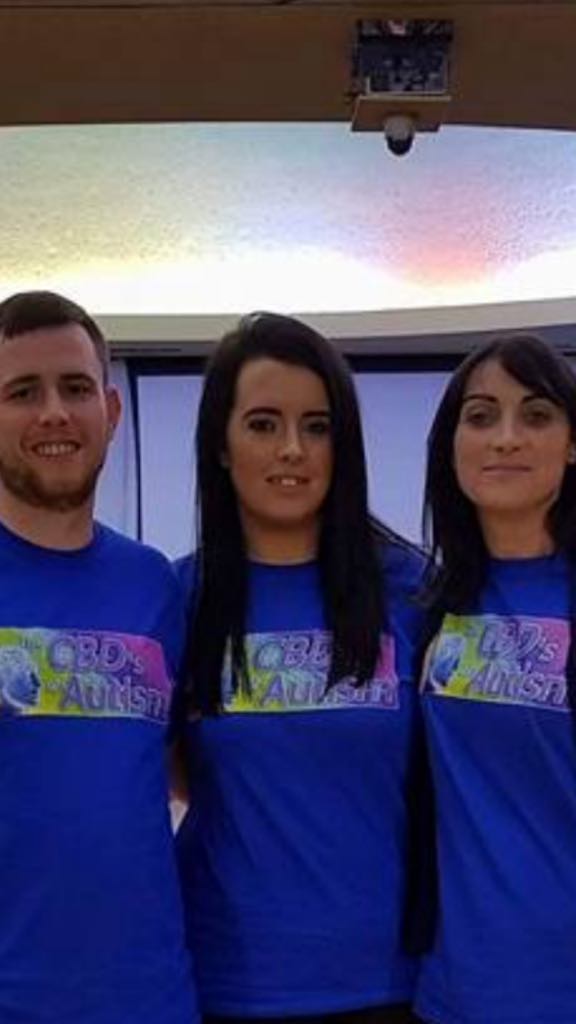
“Autism is unique to each person. It affects everyone differently.
“While a lot of children have co-existing medical conditions, a lot don’t either.
“Oils are so tailored to each individual. It can take trying multiple brands and strengths of CBD to see how each person responds.
“If one family claim a particular oil was beneficial for self-injurious behaviour, it might not have the same effect for another person who self injures.”
Sharon’s experience of Child ASD and CBD products highlights why research like this is needed.
Autism is a complex condition which needs more research to understand potential causes, and, more importantly, how best to treat ASD without subjecting suffers to a lifetime of pharmaceutical medications.
If ASD is indeed related to a cannabinoid deficiency then there is clearly a case for increasing funding for cannabinoid research.
Before cannabis was moved to Schedule II class, it was viewed as a Schedule I drug in the UK, which prohibited research (unless it was to find negative side-effects of the drug).
Now that cannabis has been rescheduled, we should see an influx of research into cannabinoids and their potential medicinal properties.
Like the CBDs of Autism page on Facebook for more information on treating children with ASD with CBD, and like our Facebook page to stay up to date on medical cannabis news.
